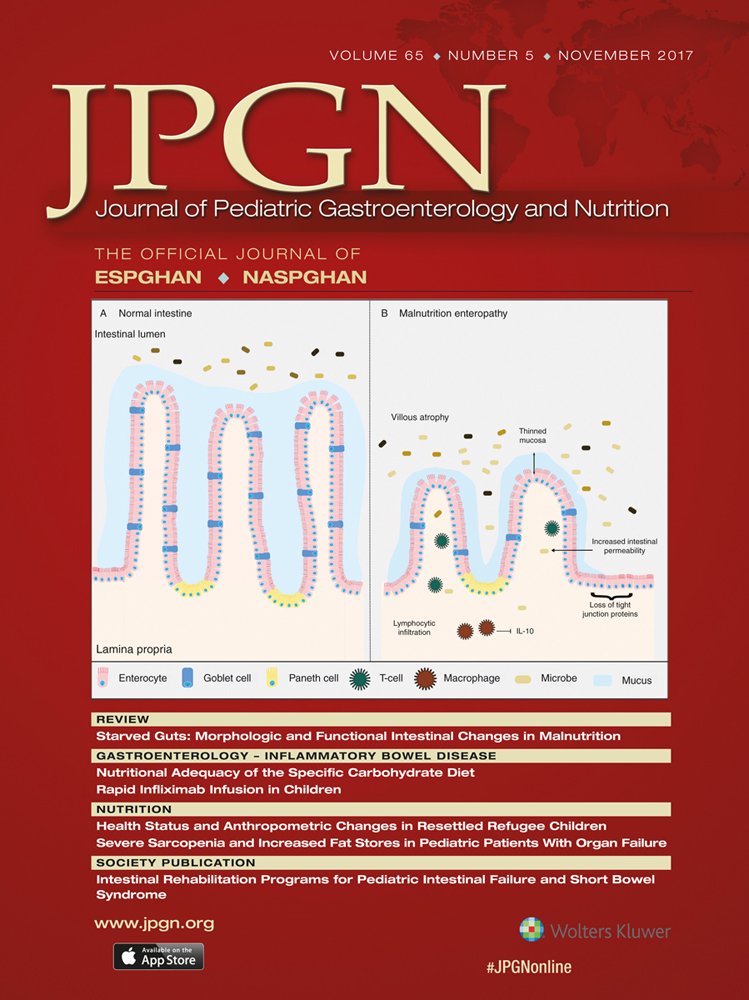Reduced Functional Connectivity Between the Hypothalamus and High-order Cortical Regions in Adolescent Patients With Irritable Bowel Syndrome
Supplemental digital content is available for this article. Direct URL citations appear in the printed text, and links to the digital files are provided in the HTML text of this article on the journal's Web site (www.jpgn.org).
www.clinicaltrials.gov registration number: NCT00677976.
Research presented in this publication was supported in part by a grant from the Digestive Diseases Center, Medical College of Wisconsin, and National Institutes of Health (NIH) grants R01GM103894 and R01DK025731.
The authors report no conflicts of interest.
ABSTRACT
The hypothalamus plays a critical role in maintaining visceral homeostasis. Altered hypothalamus activation has been implicated in functional gastrointestinal disorders, including irritable bowel syndrome (IBS). One important aspect of homeostatic regulation is the cortical modulation of limbic and paralimbic subsystems, including the hypothalamus, which in turn affects the descending regulatory processes mediating visceral homeostasis. Using neuroimaging, we evaluated hypothalamus functional connectivity in adolescent patients with IBS and age-matched healthy controls who received rectal distension stimulations. More extensive hypothalamus connectivity was observed in liminal than subliminal condition in controls, but not in patients with IBS. Compared with controls, patients with IBS showed significantly reduced hypothalamus connectivity in the bilateral prefrontal cortices, supplementary motor and premotor areas, bilateral sensorimotor cortex, and limbic subareas, which are specifically involved in homeostatic regulation. The findings support the generalized homeostatic regulation model that reduced cortical and limbic modulations of hypothalamus functioning underlies disrupted visceral homeostasis in patients with IBS.




